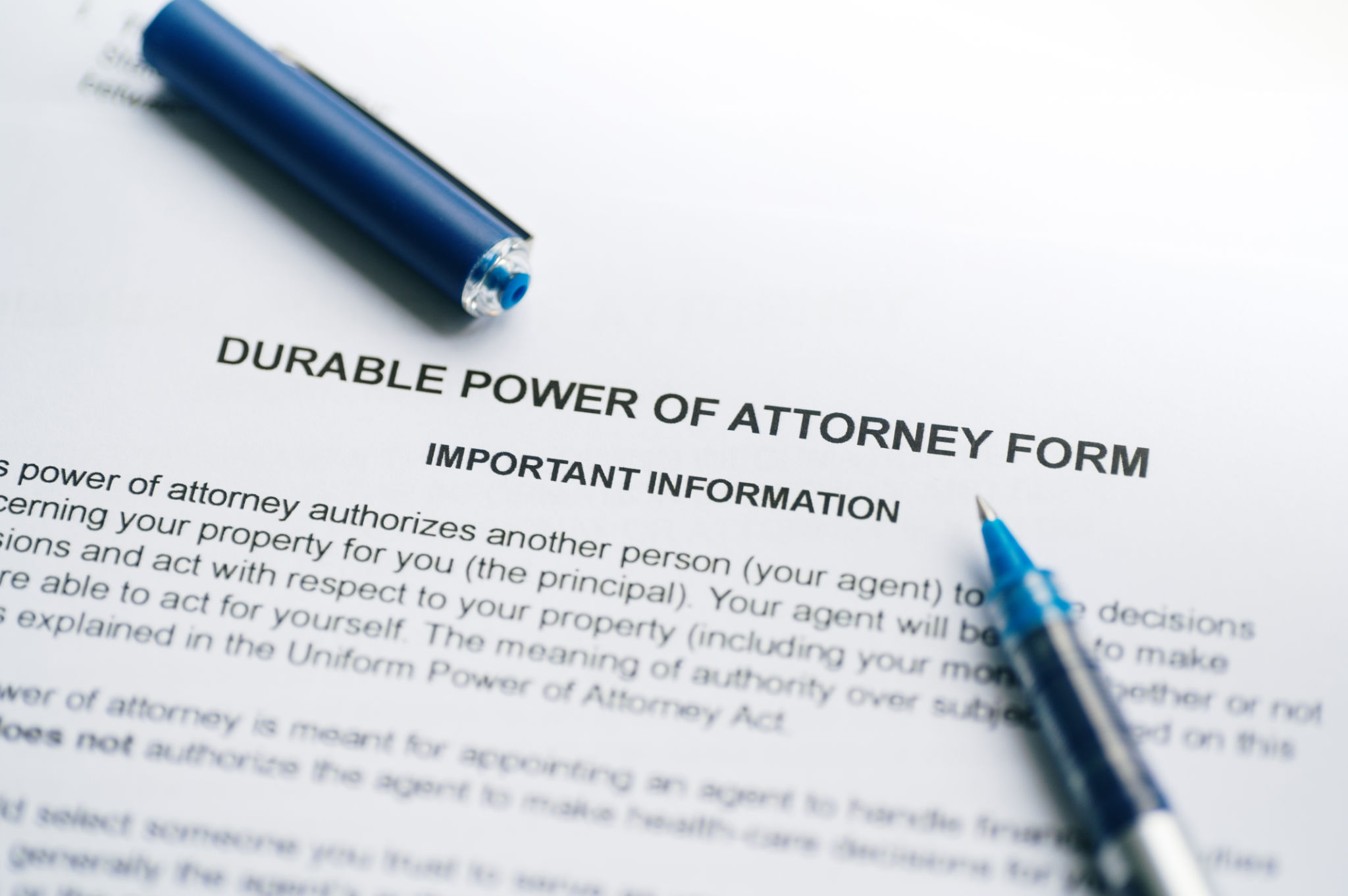Power of Attorney Notarization: What You Need to Know
SW
When dealing with legal documents, especially those that grant authority to another person, understanding the process is crucial. One such document is a Power of Attorney (POA), which allows an individual to appoint someone else to manage their affairs. However, for a POA to be legally binding, it often requires notarization. This step ensures authenticity and legality, providing peace of mind for all parties involved.
What is Power of Attorney?
A Power of Attorney is a legal document that grants a designated person the authority to make decisions on behalf of the person who created the POA. This can include financial decisions, healthcare choices, or other personal matters. The individual granting authority is known as the principal, while the person receiving it is called the agent or attorney-in-fact.

Why Notarization is Important
Notarization serves as an official fraud-deterrent process. It ensures that the signatures on the POA are genuine and that the signers acted without duress or intimidation. A notary public verifies the identity of the individuals signing the document, adds a layer of trust, and often makes the document acceptable to financial institutions and other parties.
Without notarization, a POA may not be recognized by third parties, which could lead to complications in executing the powers granted within the document. Therefore, having a notary public witness the signing of a POA is a critical step in its validation.
Steps to Notarize a Power of Attorney
Notarizing a POA involves several key steps:
- Ensure the document is complete and accurate before meeting with a notary.
- Bring valid identification for both the principal and agent.
- Sign the document in the presence of the notary.
- The notary will then certify the document with a notarial seal or stamp.

Choosing the Right Notary
When selecting a notary, ensure they are licensed and in good standing in your state. You can find notaries at banks, law offices, or through mobile notary services that offer convenience by coming to your location. Verify their credentials and inquire about their experience with notarizing legal documents like a POA.
Some notaries may also offer additional services, such as document preparation or legal advice, but be sure to clarify their qualifications and expertise in these areas.
Common Questions About Notarization
Many people have questions about the notarization process, such as:
- What identification is required?
- Can a notary refuse to notarize a document?
- How much does notarization cost?
Typically, a government-issued photo ID is required. A notary can refuse to notarize if the document is incomplete or if they suspect fraud. Fees vary by state and can range from a nominal charge to a more significant fee for specialized services.

Conclusion
Understanding the intricacies of Power of Attorney notarization is essential for ensuring that your legal documents are valid and enforceable. By following the correct procedures and consulting with a qualified notary, you can protect your interests and those of the person you empower with decision-making authority.
